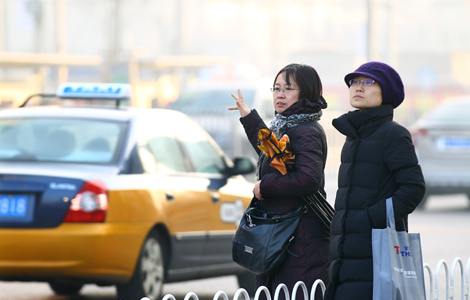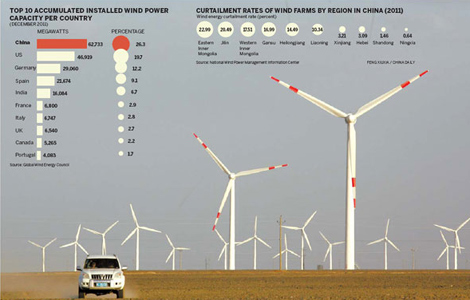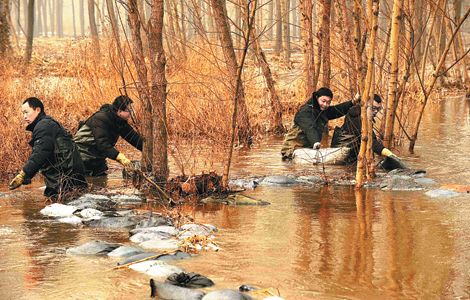US policy in Asia-Pacific won't change
Updated: 2013-01-17 00:29
By Chen Weihua in Washington (China Daily)
|
||||||||
A senior policy adviser in the US State Department said on Tuesday that US President Barack Obama's policy toward China and the Asia-Pacific region will remain unchanged over the next four years.
Jake Sullivan, the department's director of policy planning, described the main work during Obama's upcoming second term as reinforcing and extending the work that has been done over the previous four years.
"Right from the beginning, the president and secretary of state (Hillary Clinton) recognized that much of the history of the 21st century will be written in the Asia-Pacific," said Sullivan, who was in Beijing in May for the US-China Strategic and Economic Dialogue.
"So much of what the second term will be about will be locking in the intensified engagement on the security front, the economic front and the values front that we saw through the hard work of US diplomats, development experts and ordinary citizens over the course of the first four years" of the Obama administration.
However, the administration's announcement of a "pivot to Asia" strategy in October 2011 has drawn suspicion and criticism in China and sparked political debate within the US. Strategic mistrust has been a major hurdle for the two countries' relationship.
Kenneth Lieberthal, a senior fellow at the Brookings Institution think tank in Washington, has described the two countries as having "an underlying and growing distrust of the other's long-term intentions".
But Sullivan said the US has no interest in and no policy to contain China. "We welcome China's rise as a peaceful and prosperous power within a broader rules-based order for the Asia-Pacific," he said.
"What we would like to see is a relationship between the US and China that is positive, cooperative and comprehensive, that looks to expand the areas that we can work together to take on the great challenges of our time. And where we have differences and where we have lingering mistrust, we should work to narrow those differences and overcome that mistrust."
In a joint statement in Washington on Jan 19, 2011, Obama and President Hu Jintao proclaimed that the US reiterates that it welcomes a strong, prosperous and successful China that plays a greater role in world affairs, while China welcomes the US as an Asia-Pacific nation that contributes to peace, stability and prosperity in the region.
Sullivan added that the US feels very strongly about its principles and its views of what is required to create the kind of rules-based order for this century that allows all countries to thrive.
"And on that, we will continue to speak out assertively, to act in defense of our allies, and in support of our partners. But we believe we can do that in a way that furthers and does not undermine our cooperative partnership with China," he said.
Sullivan, who assumed his post in February 2011, does not believe that the fundamentals of the Sino-US relationship will change at all even after leadership changes in both countries.
But Sullivan recognized that leadership transitions might produce new questions and politics in both countries.
"We have to be very careful. We have to be focused on the fundamentals of the relationship, so nothing gets knocked off the track over the course of next few months," he said.
Speaking on Sunday on CNN, former US national security adviser Zbigniew Brzezinski said those who shape policies in both countries have realized that there is a kind of de facto partnership between China and the US, and that it is in their mutual interest for disagreements not to get out of hand.
"That's not a bad conclusion to reach in a very complicated relationship between two as different countries as one can imagine," Brzezinski said.











